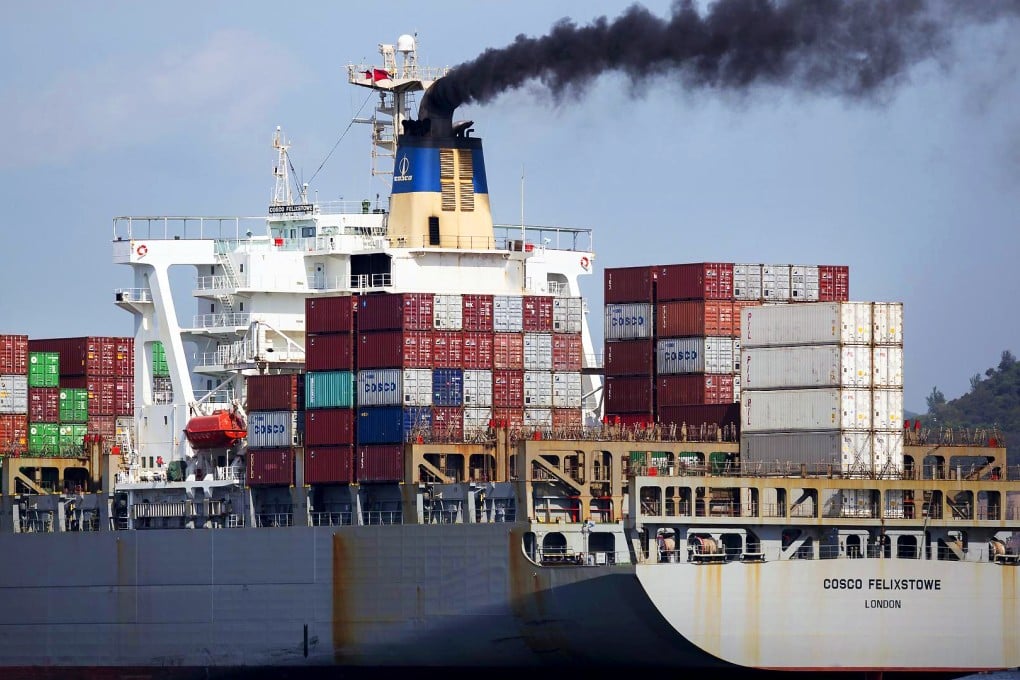Berthing ships must use fuel with low sulphur under new Hong Kong law
New law forces all vessels berthing in the city to switch to cleaner fuel, but now the focus shifts to consistency throughout the Pearl River Delta

An anti-pollution law under which all ocean-going vessels must be powered by low-sulphur fuel while berthing in Hong Kong took effect yesterday, accompanied by calls to look ahead to the next step - pressuring other regional ports to follow suit.
The city now makes it compulsory for berthing ocean-bound vessels to use fuel with sulphur content no higher than 0.5 per cent, lower than the international cap of 3.5 per cent.
In return, shipowners save half of their berthing fees through government subsidies.
The move is expected to cut emissions of sulphur and respirable suspended particles of 10 microns or less by 12 per cent and 6 per cent, respectively, according to the Environmental Protection Department - improvements in air quality that one think tank estimates will lead to 44 per cent fewer premature deaths each year.
With the new law now in place, it is time to shift the focus to setting up an emissions control area (ECA) for the Pearl River Delta region, said Simon Ng Ka-wing, chief research officer for the think tank, Civic Exchange.
"There needs to be a level playing field for the entire region," Ng said. "Shenzhen already has an incentive scheme and hopefully Guangzhou will be pressured to do something, too."
He said the region's emissions data was being updated and would provide more justification for an ECA.